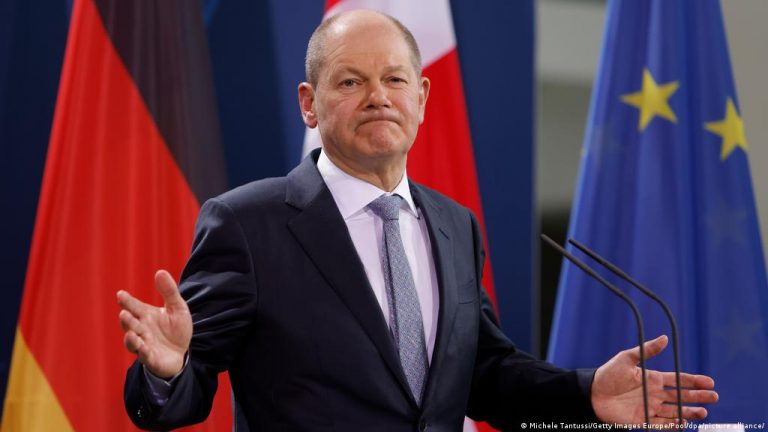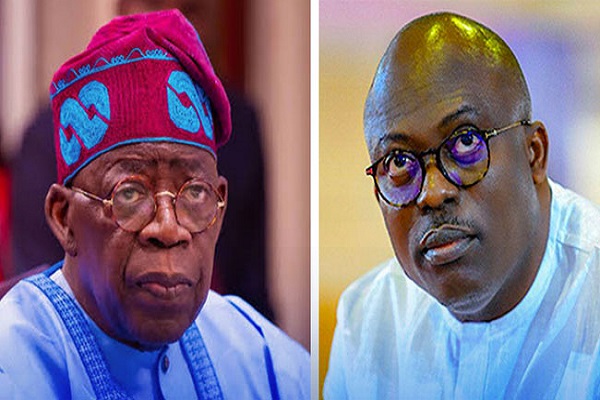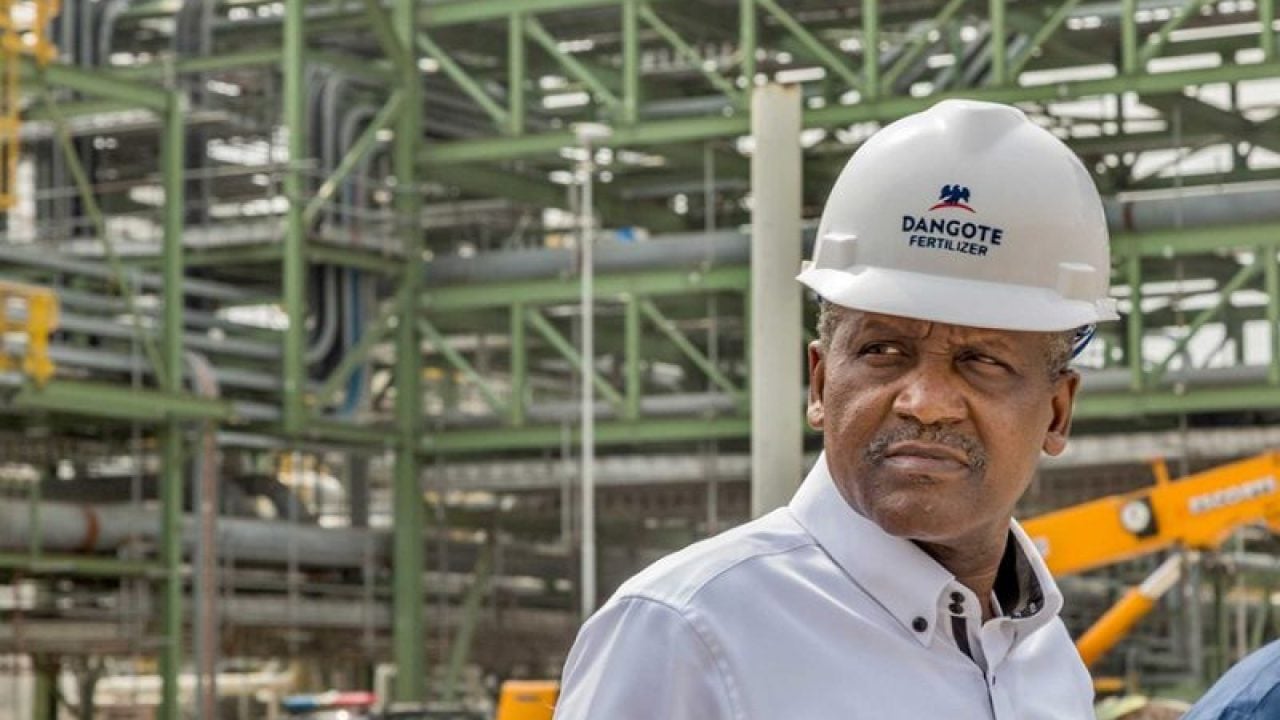German Chancellor Olaf Scholz has opposed US President-elect Donald Trump's proposal for NATO members to increase defence spending to five percent of GDP, citing the financial burden such a move would impose on Germany and other alliance members.
“That’s a lot of money,” Scholz told Focus Online on Thursday. He emphasized that NATO already has an established process, which currently requires members to spend two percent of their GDP on defence.
Financial Implications for Germany
Scholz explained that raising defence spending to five percent would mean Germany spending approximately 200 billion euros ($206 billion) annually, a stark increase from its current budget of nearly 80 billion euros.
“This would require an additional 150 billion euros annually, which is not feasible given the federal budget of around 490 billion euros,” Scholz stated. He advocated for sticking to NATO’s agreed-upon two percent target, adding, “Germany must do more for security, but within reasonable limits.”
Recent Defence Investments
Following Russia’s invasion of Ukraine in 2022, Germany significantly increased its defence budget and introduced a one-off 100 billion-euro fund to modernize its armed forces. Despite these efforts, Scholz argued that further hikes to five percent are unnecessary and unsustainable.
Defence Minister Boris Pistorius echoed Scholz’s sentiments, stating that a five percent target would account for "around 40 percent of Germany’s federal budget." He stressed that NATO’s focus should be on meeting specific capability goals rather than setting arbitrary spending thresholds.
Trump’s Renewed Call for Higher Spending
Donald Trump has long criticized NATO allies for not contributing enough to collective defence, claiming that the US bears a disproportionate share of the alliance's costs. On Tuesday, he reiterated his call for member states to increase their spending to five percent of GDP.
Pistorius responded by questioning the feasibility of such a target, saying, “I don’t know which country will be able to afford that.”
While Germany acknowledges the need for increased defence spending, Scholz and other leaders maintain that NATO’s agreed two percent target is sufficient to meet alliance goals. The debate underscores ongoing tensions within NATO over burden-sharing and financial commitments, particularly between the US and its European allies.




